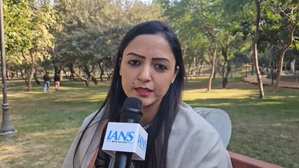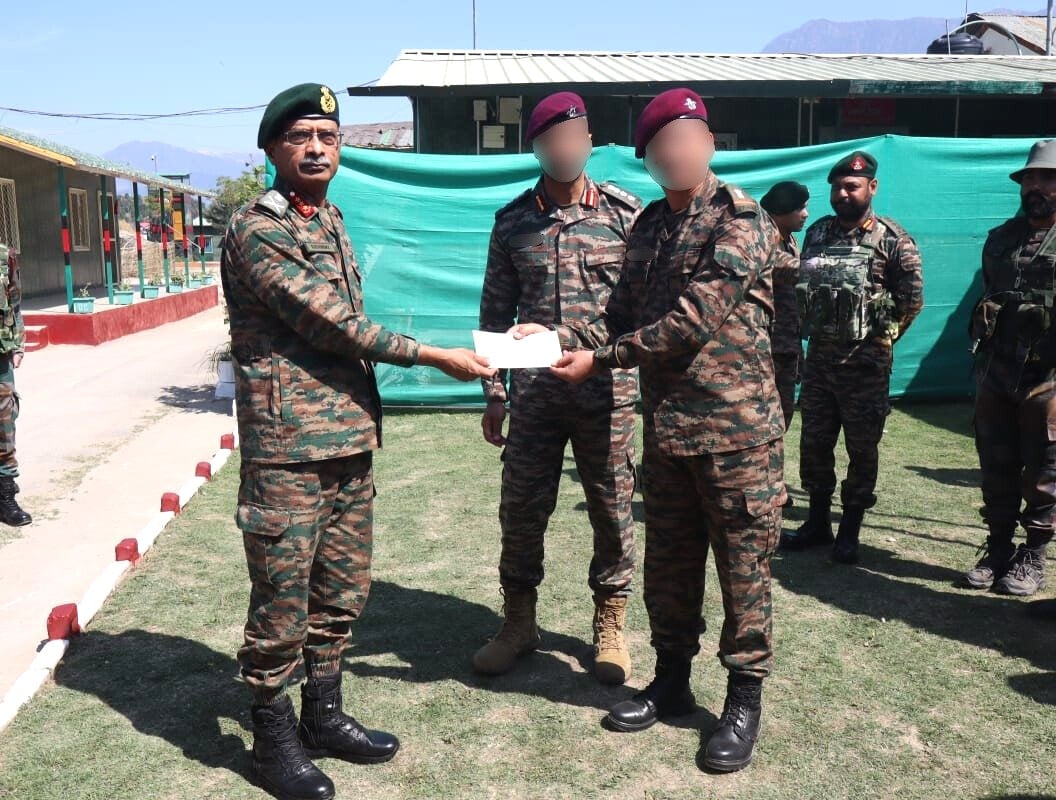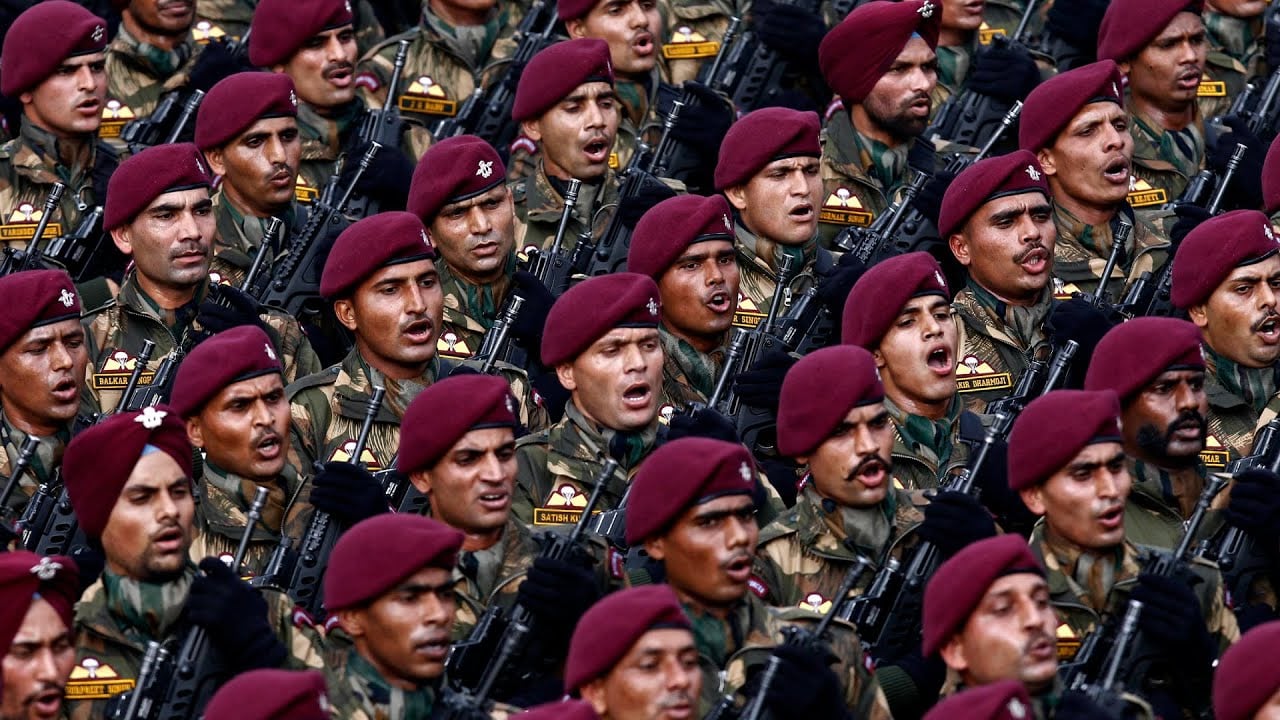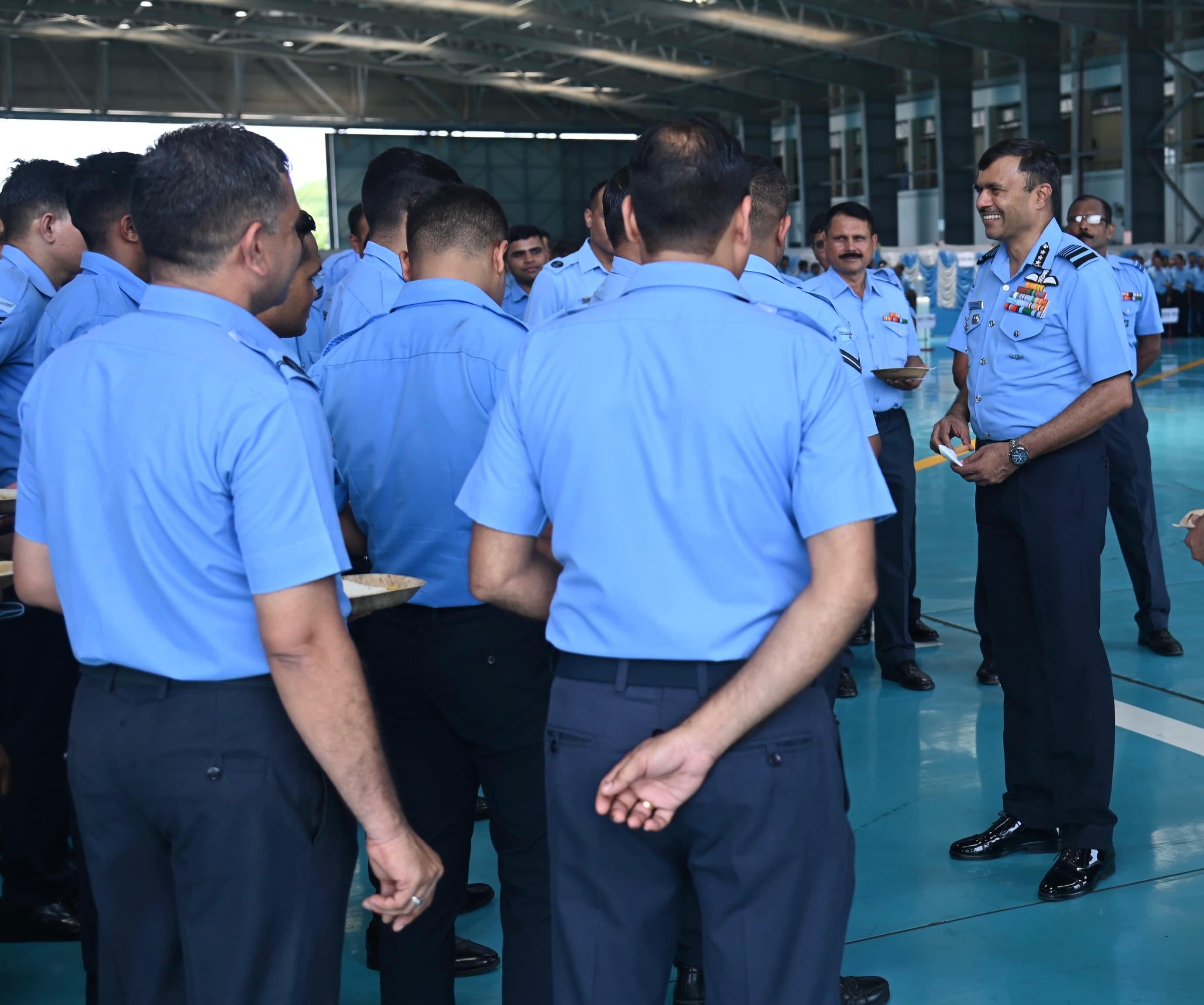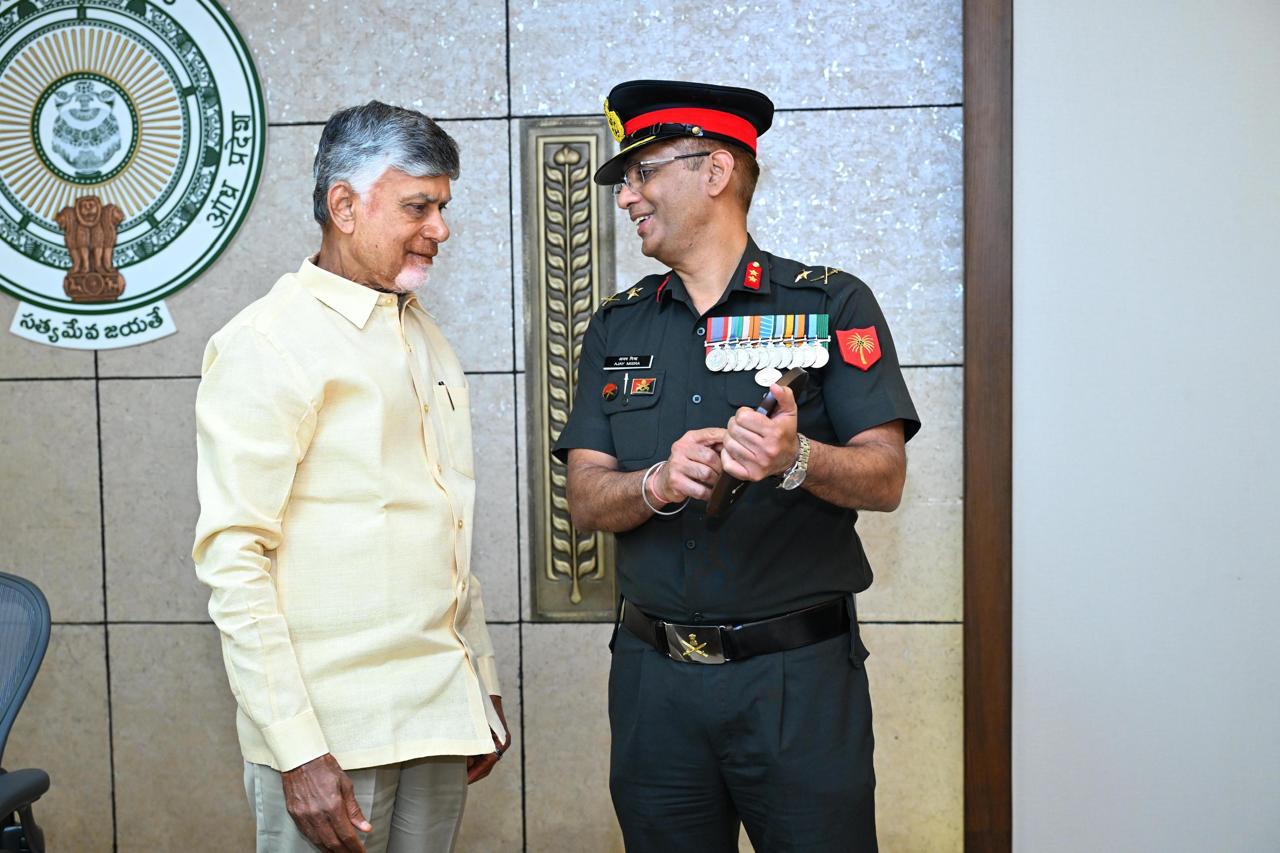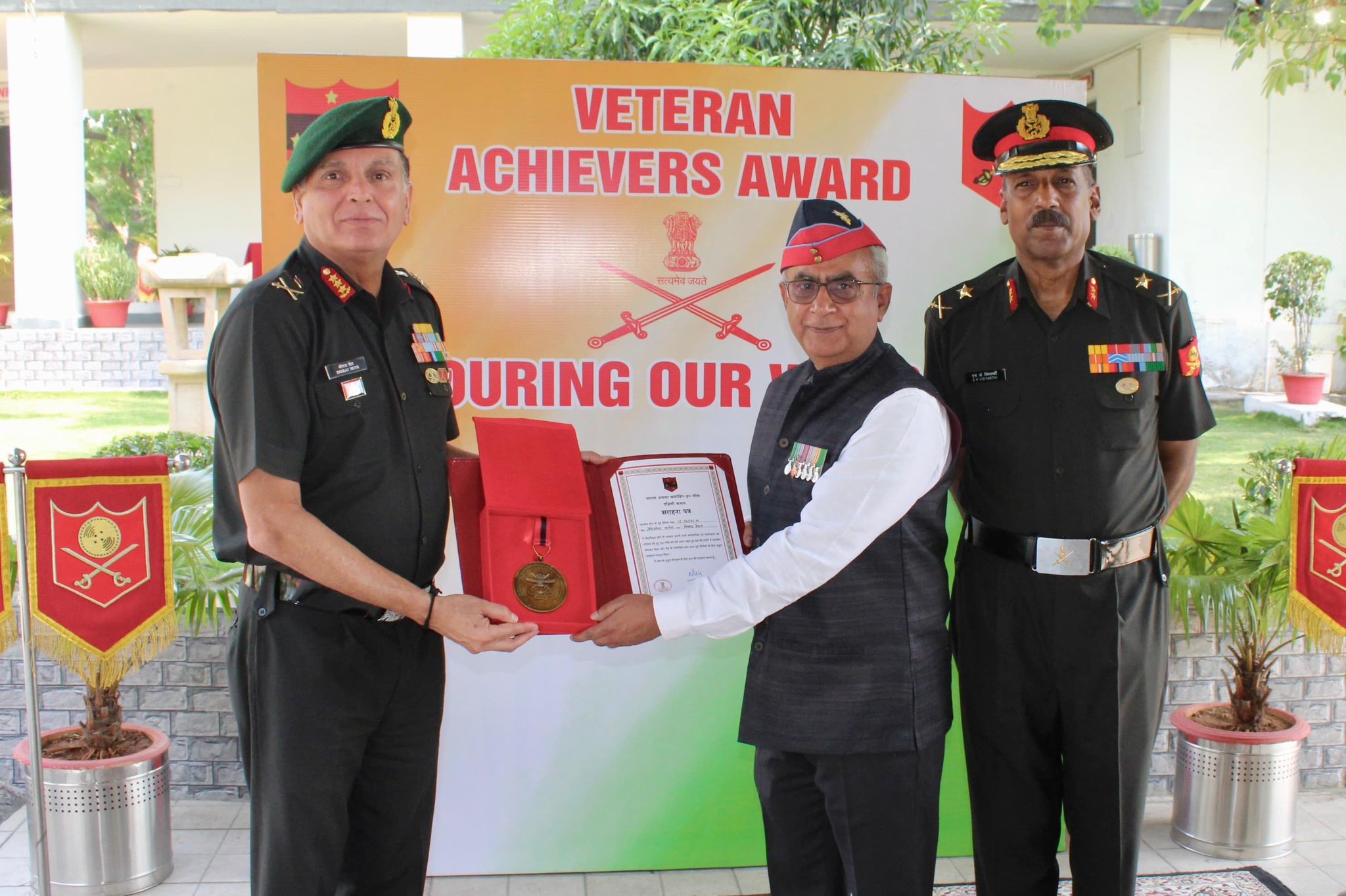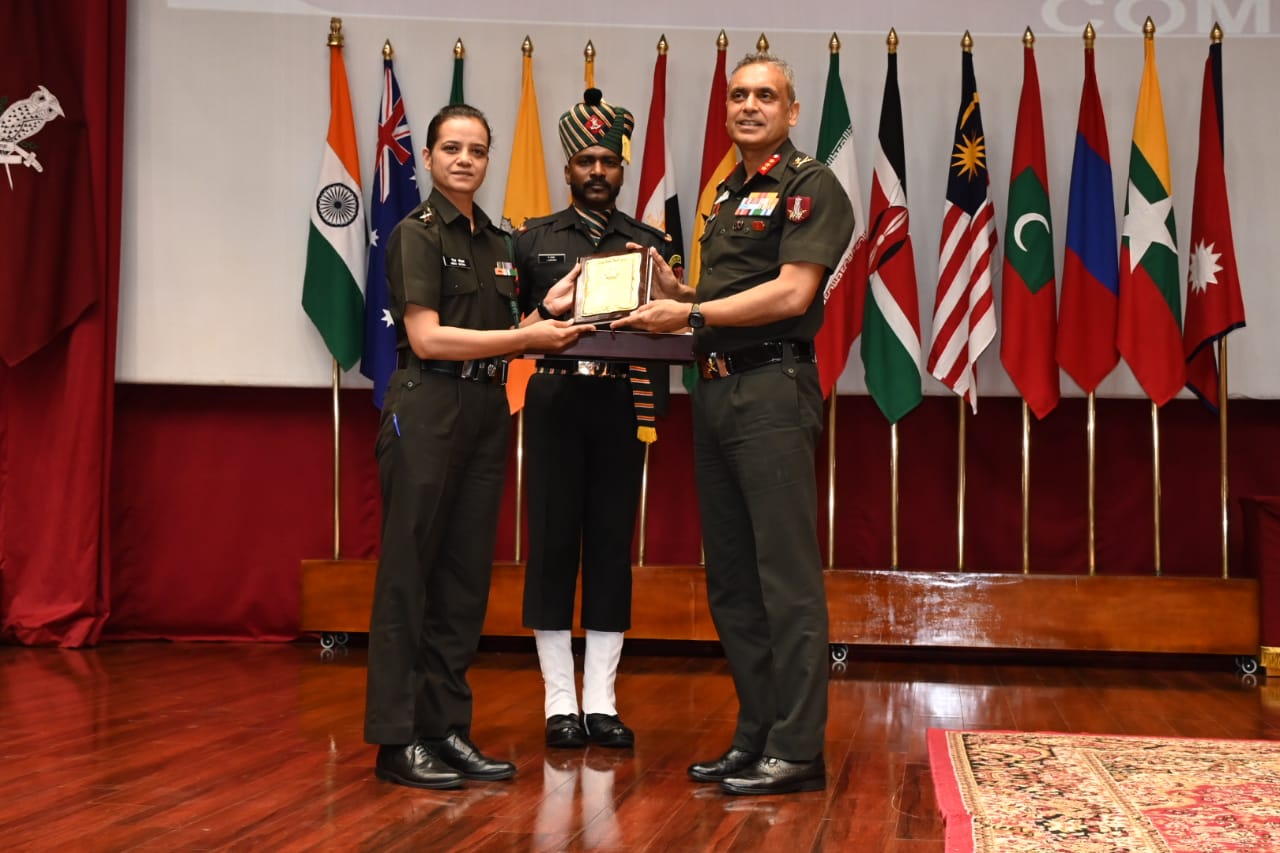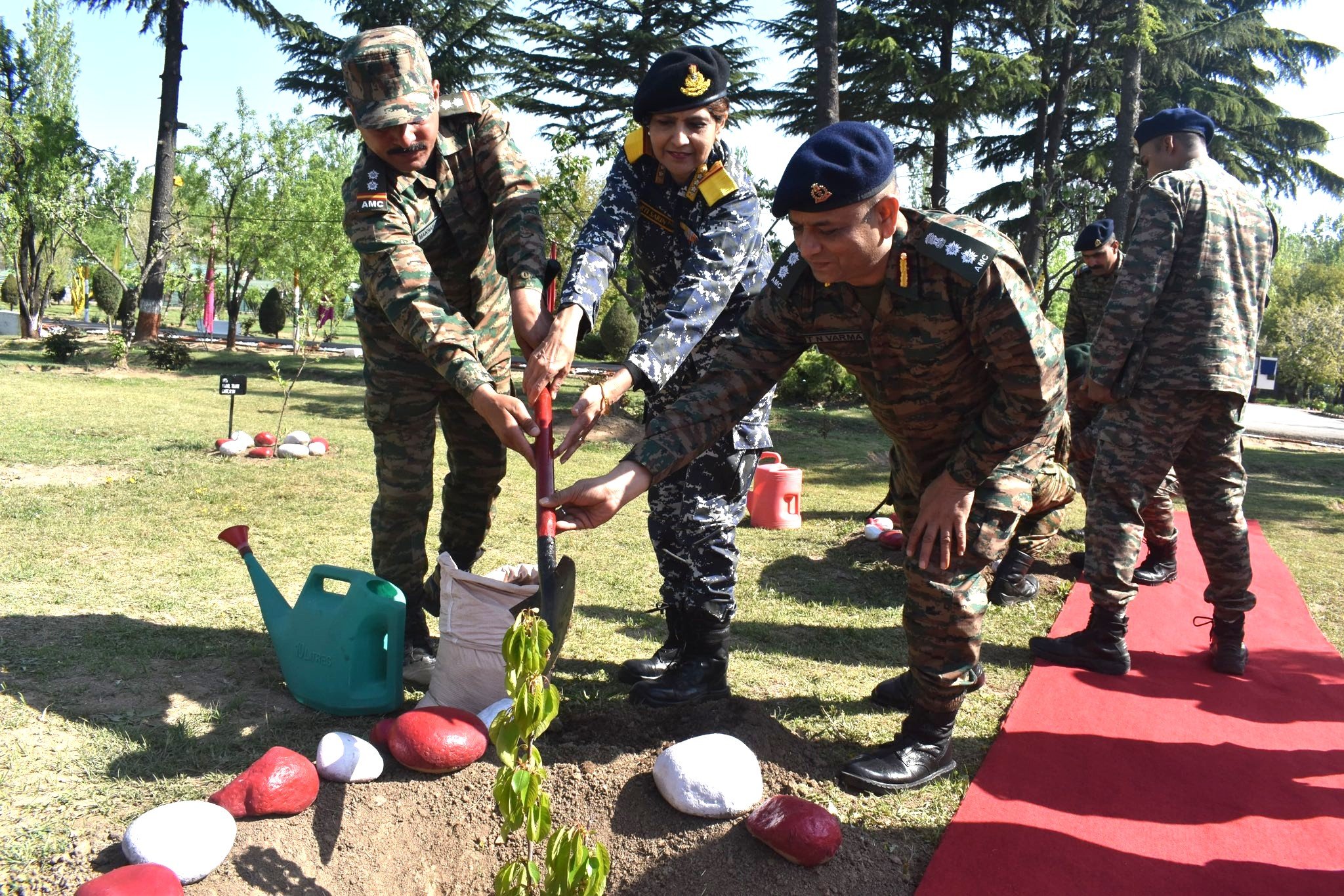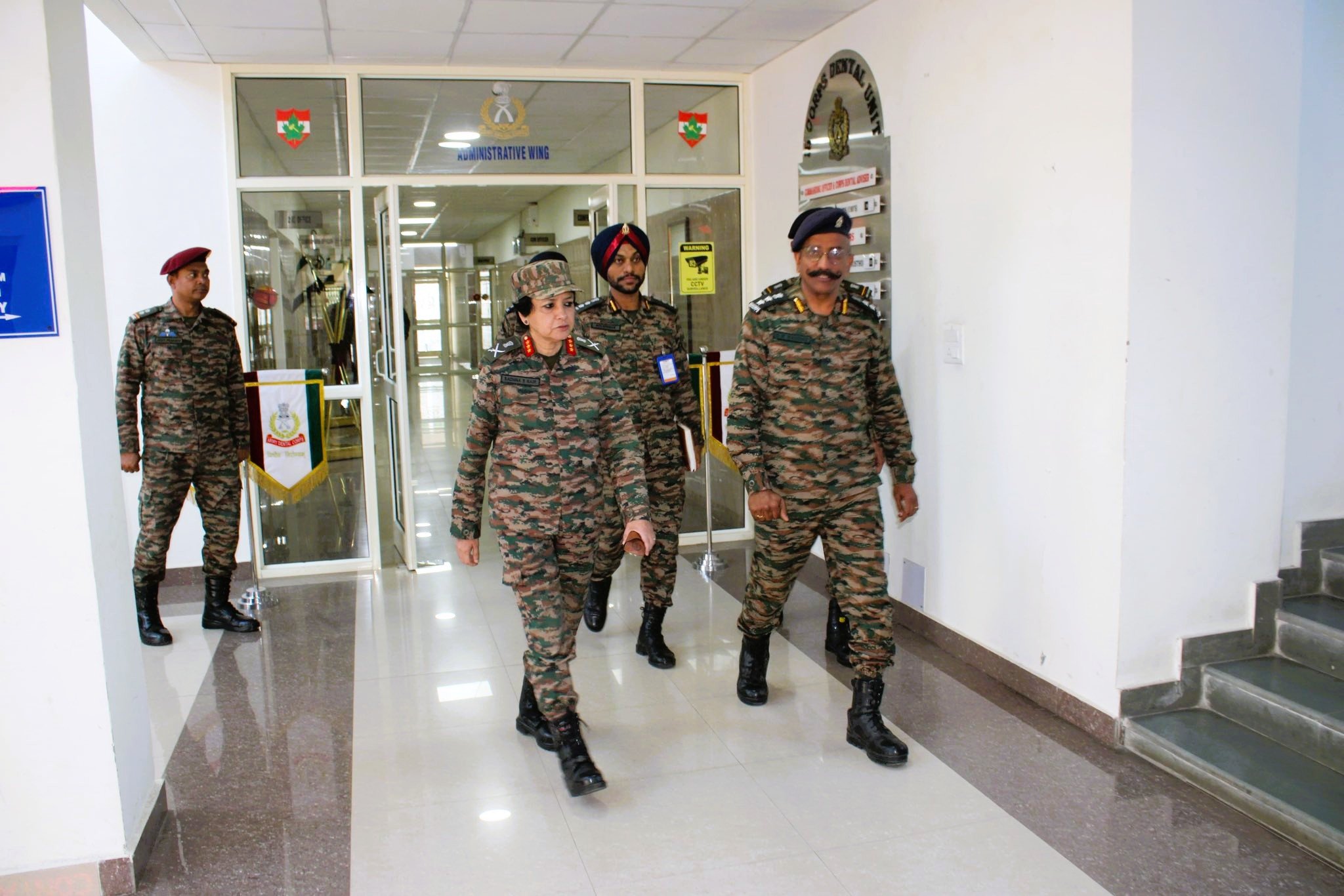Former Jawaharlal Nehru University (JNU) student and activist from Kashmir, Shehla Rashid, shared her evolving views on the Indian Army during an interview, particularly highlighting the change following the abrogation of Article 370 on August 5, 2019. Rashid, who is recognized for her critical stance on the Indian government and its policies, reflected on how her perceptions of the Army have transformed significantly over the past few years.
In her conversation, Rashid explained that prior to the abrogation, she held strong negative views about the Army. “Earlier, I used to be a strong opponent of the Army, but my views have changed,” she stated. She recounted the local sentiments against the Army, which were largely shaped by experiences of military presence in civilian spaces, such as homes, that led to interrogations and a pervasive atmosphere of mistrust. However, following the revocation of Article 370, she began to reassess the situation, questioning the foundational causes of the unrest in Jammu and Kashmir. Rashid suggested that awareness of Pakistan’s role in fostering instability through terrorism was pivotal in changing her perspective.
She emphasized that a lack of critical engagement with the broader geopolitical context contributed to the animosity towards the Army. “We never asked, nor were we allowed to ask, about the root causes of this tension,” Rashid observed, alluding to the complexity of the ongoing conflict in Kashmir. This realization prompted her to reconsider the situation and recognize the sacrifices made by local soldiers who face significant risks in a challenging environment.
Rashid acknowledged the challenges the Indian Army faces in Jammu and Kashmir, citing the loss of soldiers and highlighting that their actions are driven by the imperative to secure national borders against terrorist threats, rather than any malicious intent. She called attention to the necessity of understanding the context underlying military operations, which are often seen solely through the lens of confrontation.
Moreover, Rashid’s reflections extended to current issues, particularly the treatment of Hindus in neighboring Bangladesh. In response to inquiries about the political leaders’ silence on these atrocities, Rashid opined that the matter transcends party lines and must be addressed by all political entities. She specifically urged the Gandhi family to speak out, referencing the historical significance of Indira Gandhi’s role during the liberation of Bangladesh in 1971. Rashid expressed her hope that the legacy of that pivotal moment would inspire action regarding the present-day challenges faced by Hindus in Bangladesh, emphasizing the need for political accountability and remembrance of historical sacrifices.
In her discussion, Rashid not only confronted her past views but also underscored the intricate and often painful narratives woven into the fabric of Kashmir’s situation, advocating for deeper understanding and dialogue around these pressing issues.

